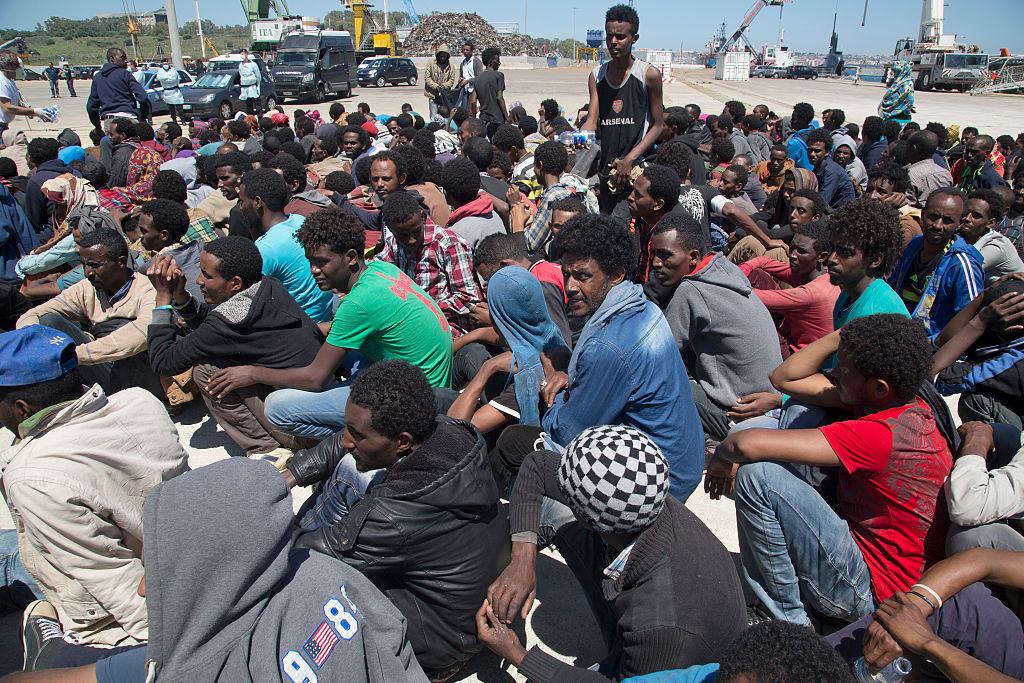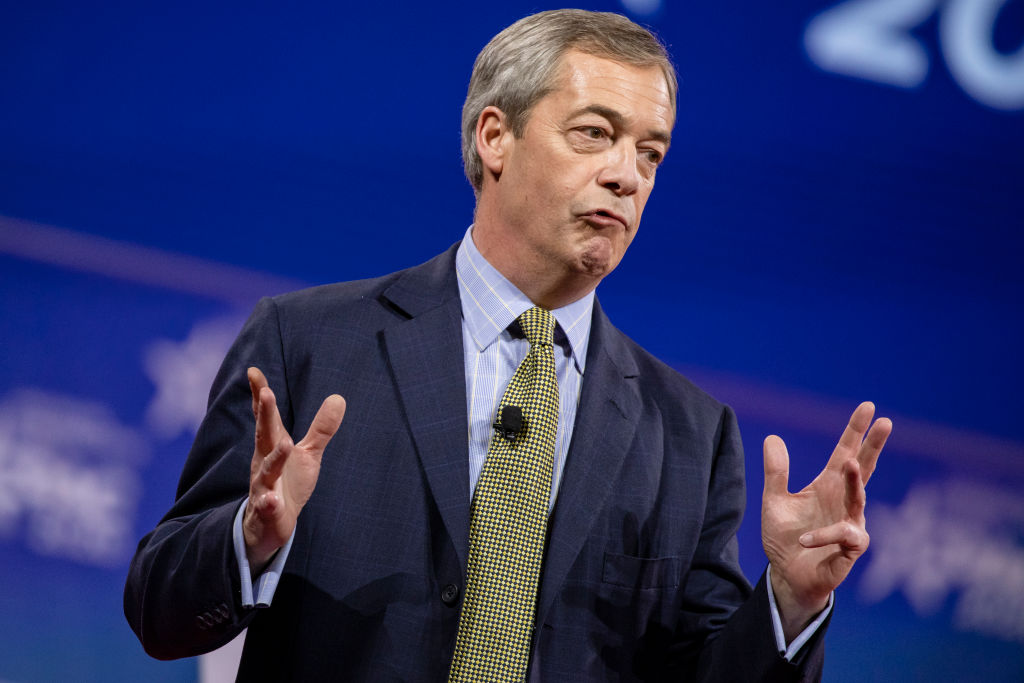One of the few UK victories since Brexit has been the protection of significant parts of the North Sea from the depredations of hugely destructive bottom trawling by EU fishing fleets. But the UK’s ban on sand eel fishing at the Dogger Bank, a large sandbank about 60 miles off the east coast of England, is one of the key issues that the EU wishes to address in Keir Starmer’s infamous attempted “reset” of UK relations with the European Union.
The EU is making it clear that, after recent negotiations seem to have failed to end the UK’s ban on sand eel fishing, it wants to go to court in order to force Britain to open its sovereign waters to industrial levels of bottom trawling by EU vessels.
Sand eel is the generic name for a number of species of the Sea Lance family. What they have in common is a silvery eel-like appearance, and the fact that they burrow into the sand about a foot below the surface. They are, like many species, very specific about where they live, staying in the same area generation after generation, making them particularly vulnerable to trawling.
In March this year, the UK in compliance with its own and EU law banned fishing on the Dogger Bank, specifically to save the sand eel, though the ban would also have a significant impact on stocks of herring and other fish.
Famously seen dangling from beaks in tourist photographs of puffins, the sand eels are a vital food source for what environmentalists describe as the higher predators. But oddly the EU does not consider humans as a higher predator. This is despite the slightly bizarre wording of the EU Association of Fish Producers president, Espen Sverdrup-Jensen’s position: “Our sustainable sand eel fishery ensures humans use the surplus only after predatory fish, birds, and mammals have had their share”. Mr Espen Sverdrup-Jensen is also the CEO of the Danish Pelagic and Industrial Fisheries trade body. So his day job, the one that pays his wages, is literally defending the fishermen whose livelihood is based on fishing in British waters to the destruction of the maritime environment.
Humans, it appears, according to the EU’s fisheries lobby, are disinterested consumers of fish, whereas those ghastly wild animals are predatory. But what those scary predators — whales, porpoises, kittiwakes, auks, and yes, puffins — don’t do is hoover up vast quantities of sand eels. This is very unlike the Danes, the principle EU nation that targets the fish to the tune of 250,000 tonnes of sand eels in British waters yearly, which amounts to billions of individual fish. Uniquely these fish are for ‘human use’, but not for food. They are for fertiliser or for cattle feed and industrial fish food. That is, for things for which there are other products existing that can do the job.
The EU’s statement about the row admits, “the closure of the sand eel fishery covers English waters within the North Sea and all Scottish waters. This measure significantly restricts access for EU vessels to this fishery”. Yet again it appears that the whole concept of Brexit and UK sovereignty (not English and Scottish as separate entities) has escaped the EU technocracy, if it makes life a little awkward for them.
What makes things even more awkward is despite the supposed public backtracking on Brexit, instances such as this ban, only possible due to the 2016 Brexit vote, show almost universal support for the government using its newfound freedoms. A 2023 Government report commissioned by the Johnson government found that a full 97 per cent of the UK public supported a complete ban on the fishing of this species in UK waters.
Now Starmer is in a bit of a tight spot. He has boasted loudly of his desire to cuddle up to the EU as a sop to the strong re-join tendency in his governing Labour party. But the EU is making it absolutely clear that it wants to go to court in order to force the UK to open its sovereign waters to industrial scouring of the sea bed. This not only hoovers up the fish, leading to a collapse in sea bird numbers, but also destroys the sea bed as the dredge trawlers need to dig deep into the bed to scoop up the fish. Thus the destruction does not impact solely on the sand eels but it also destroys a vital habitat for other sea fauna and flora.
On top of that it is the destruction of vital historical evidence of the Palaeolithic and Mesolithic habitation in what is called Doggerland in the period of the last ice age. Until 10,000 years ago or more, Doggerland was a landmass that connected the East of England with what is now the Netherlands, Germany and Denmark’s Jutland.
Nobody can tell how this arbitration will go, or even the composition of the arbitration panel, but the very idea that the EU could possibly be an honest broker on the subject, when its communique has the gall to describe the Common Fisheries Policy – possibly the most compromised of all of the big EU policies as “promoting environmental, social and economic sustainability… to protect and restore marine ecosystems for sustainable and resilient fisheries”.
The bottom line for Keir Starmer and the UK Foreign Office headed up by arch-Europhile David Lammy is that to cosy up to their chums in Brussels, they will have to disappoint almost the entire population of the UK in general and their own NGO and Quango cheerleaders in particular with organisations like Greenpeace, Royal Society for the Protection of Birds,
And the World Wildlife Fund leading the charge.
But with a rapidly created track record of caving to international pressure, such as over the Chagos islands and now on reparations for slavery, can anybody have confidence that they will not roll over to the EU on this?






Pro-Palestinians intimidate gayest day of the year